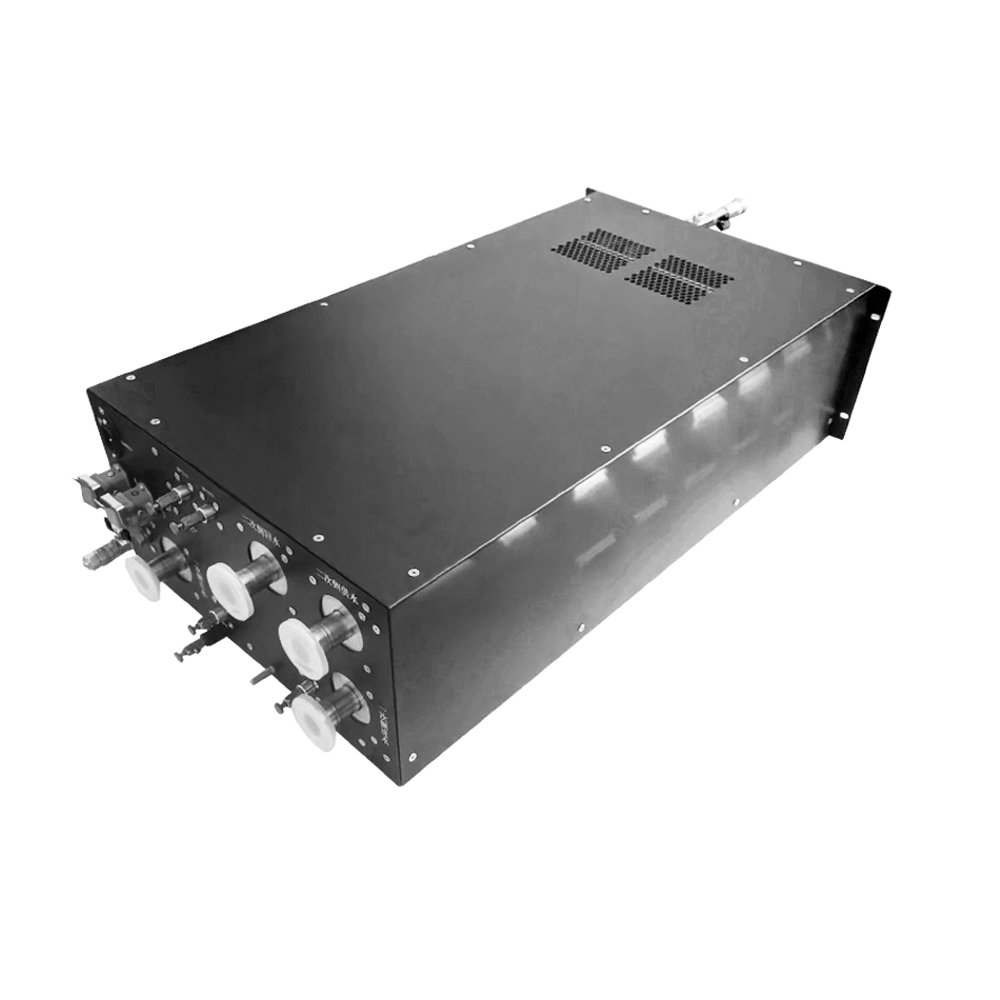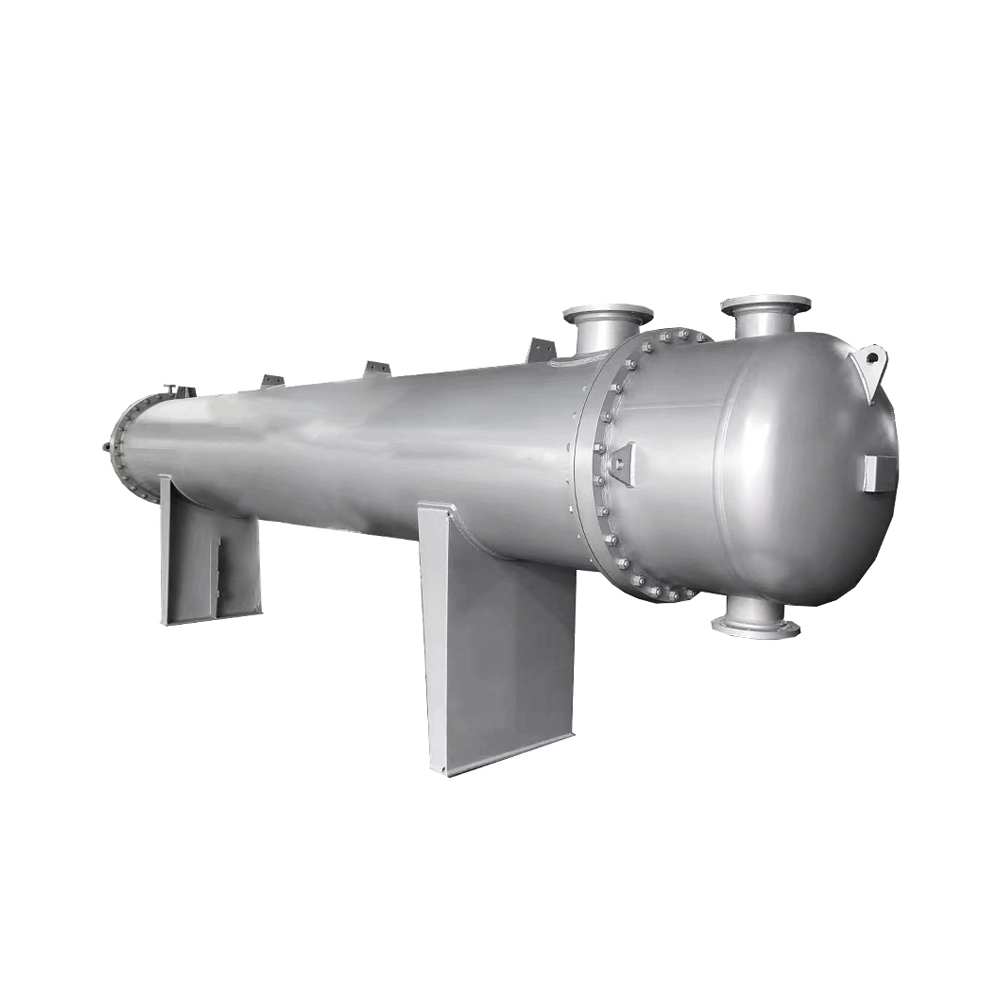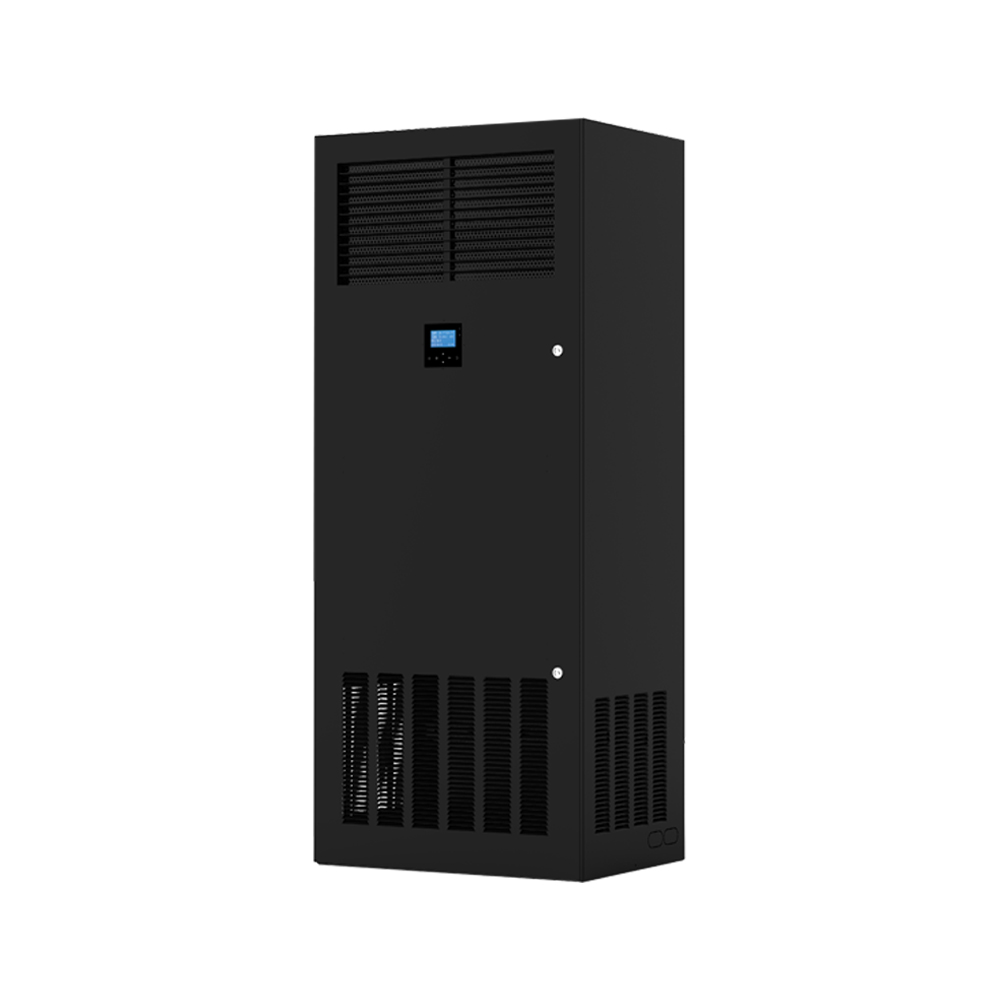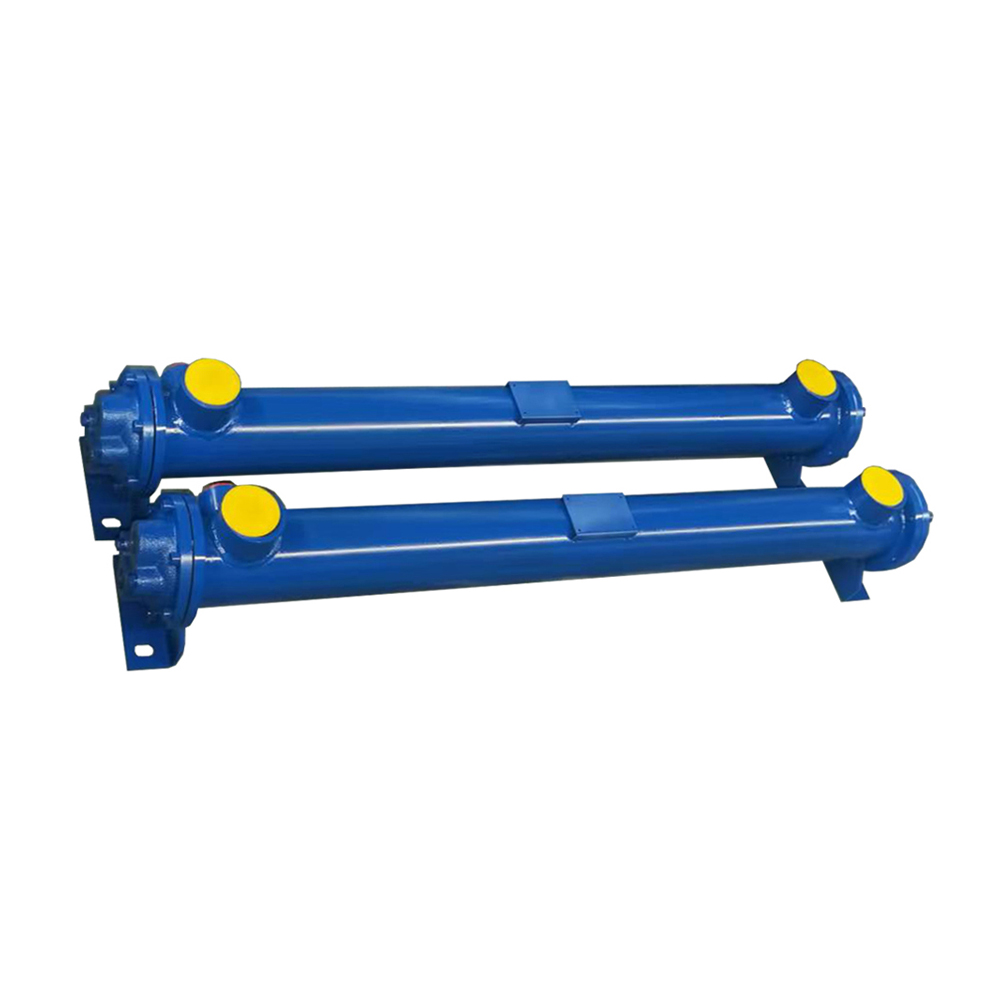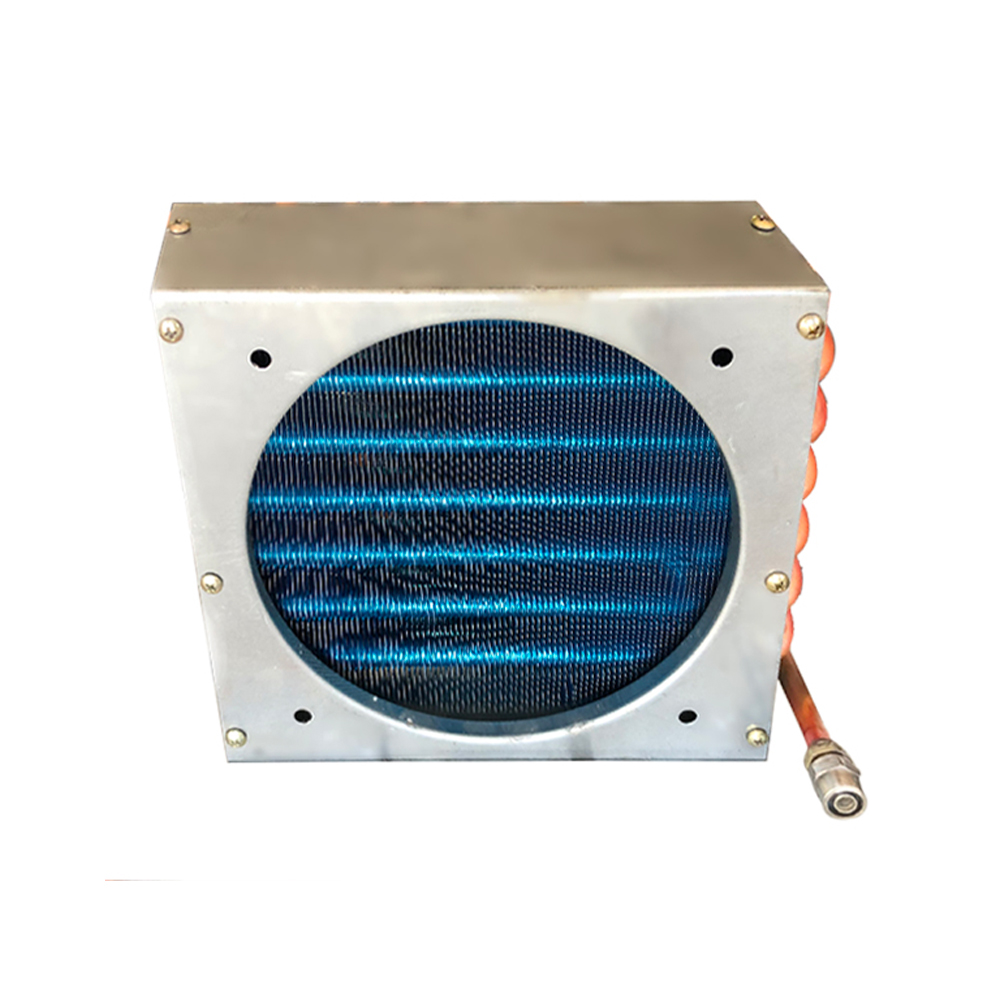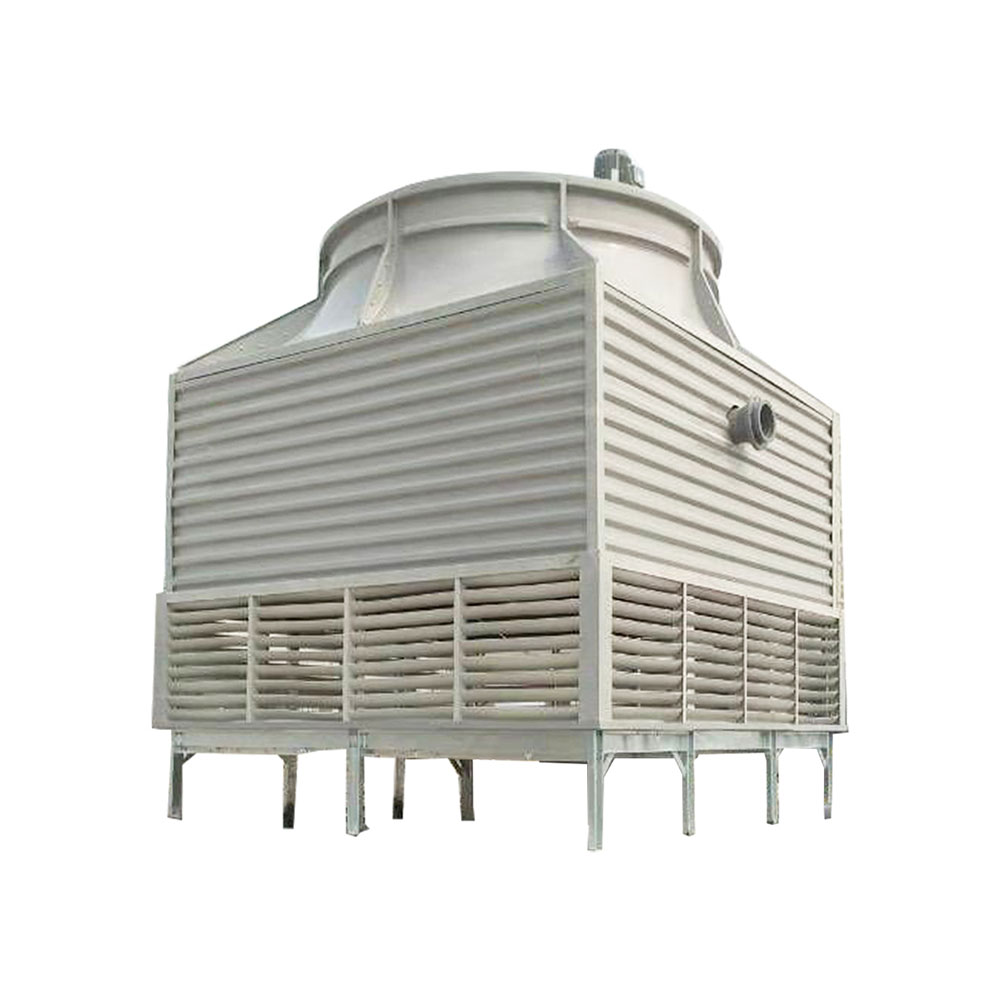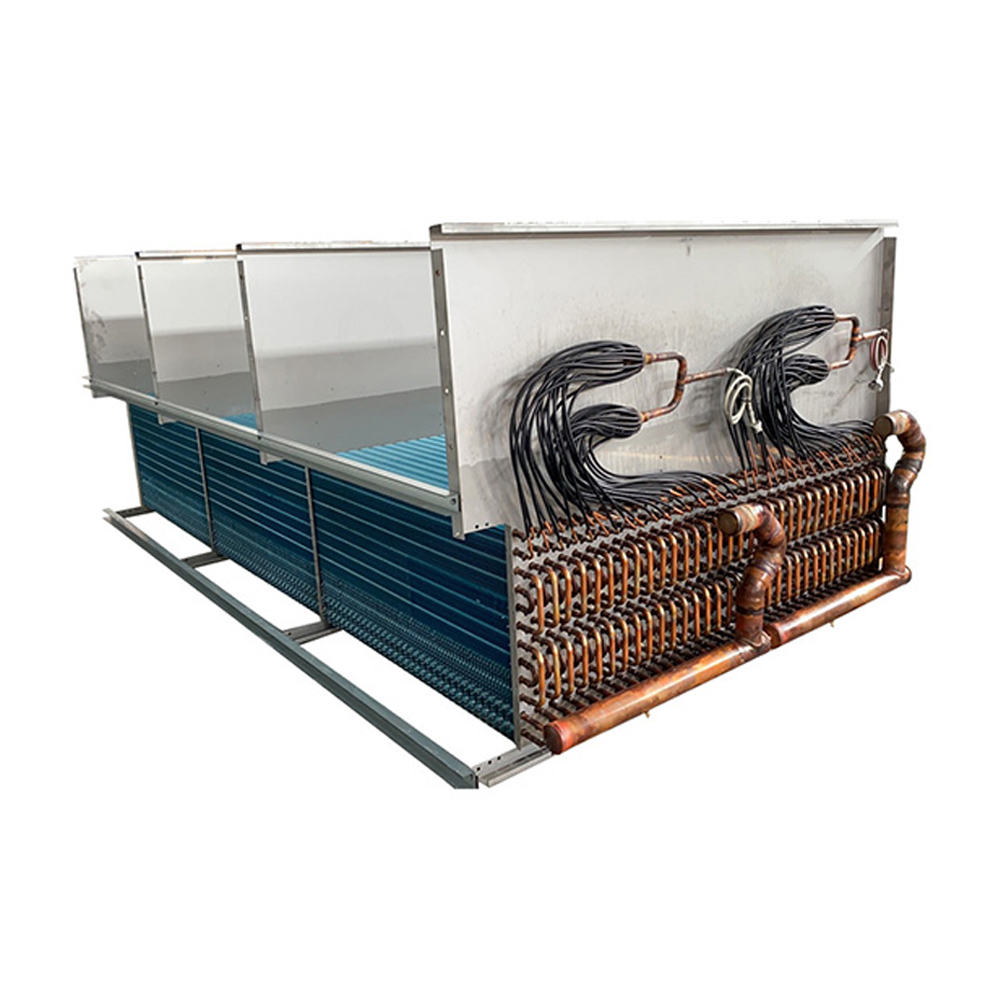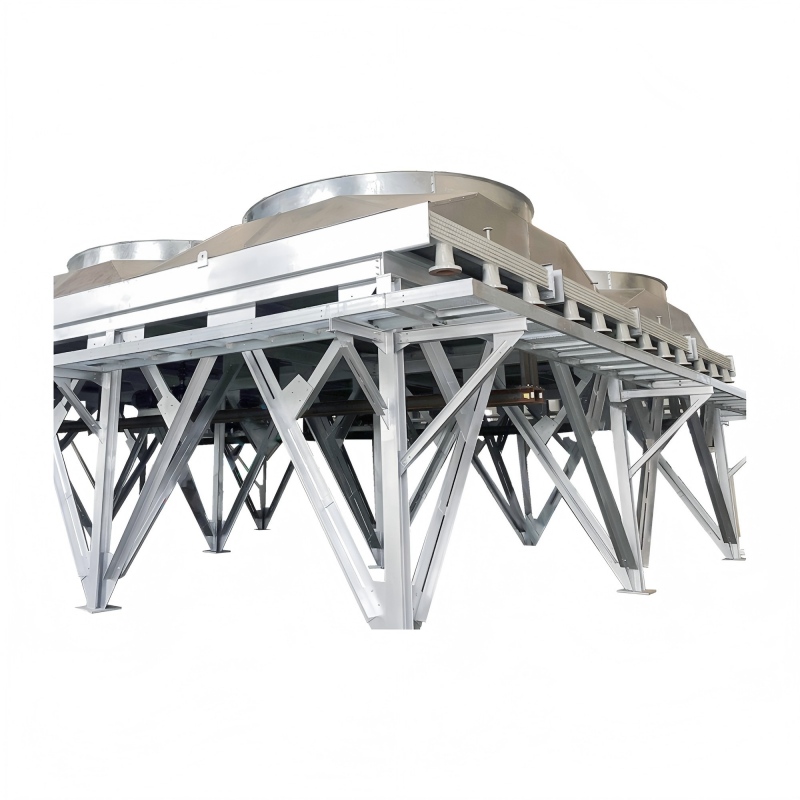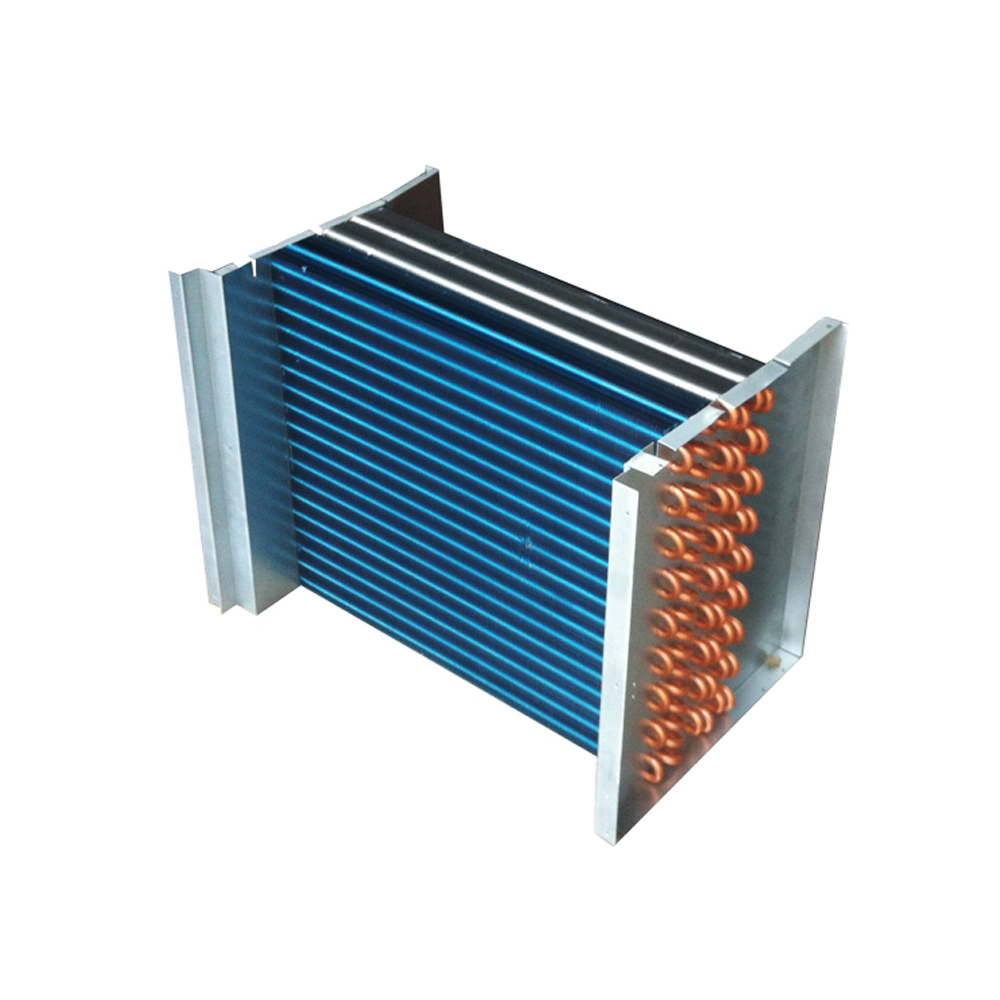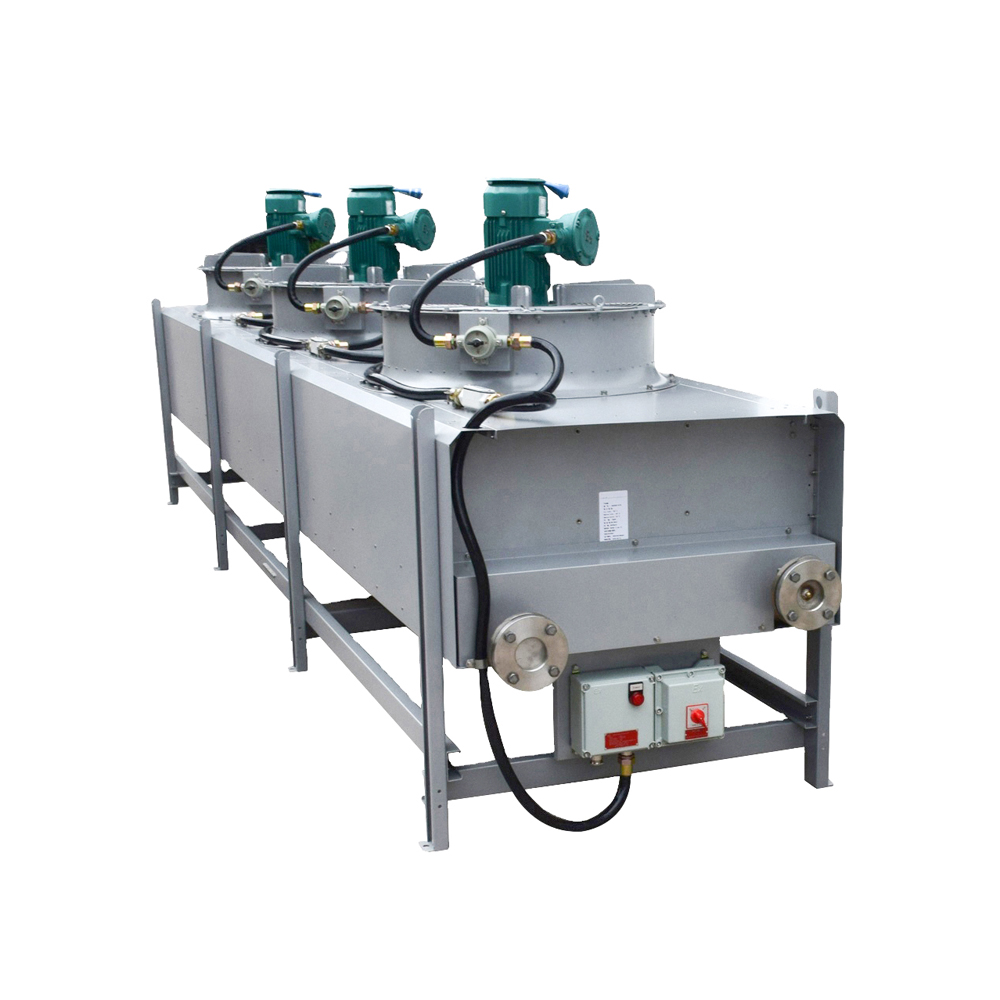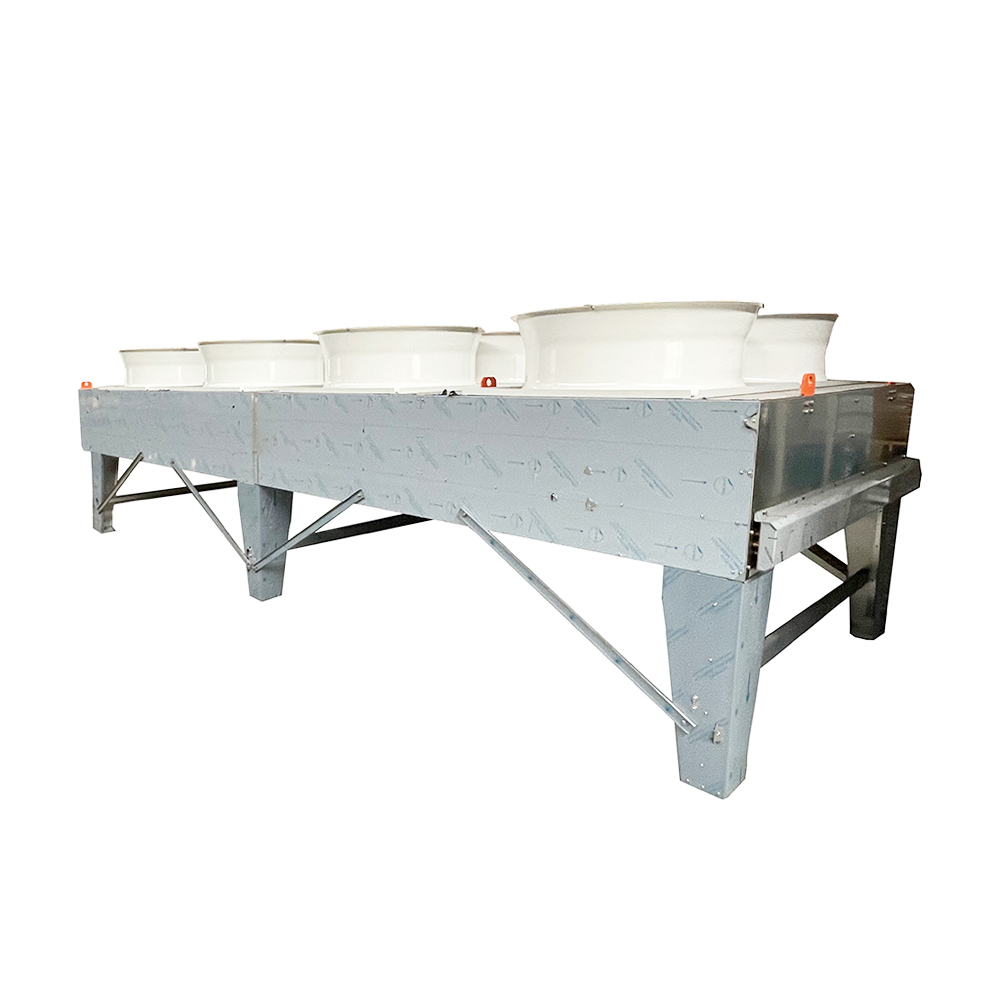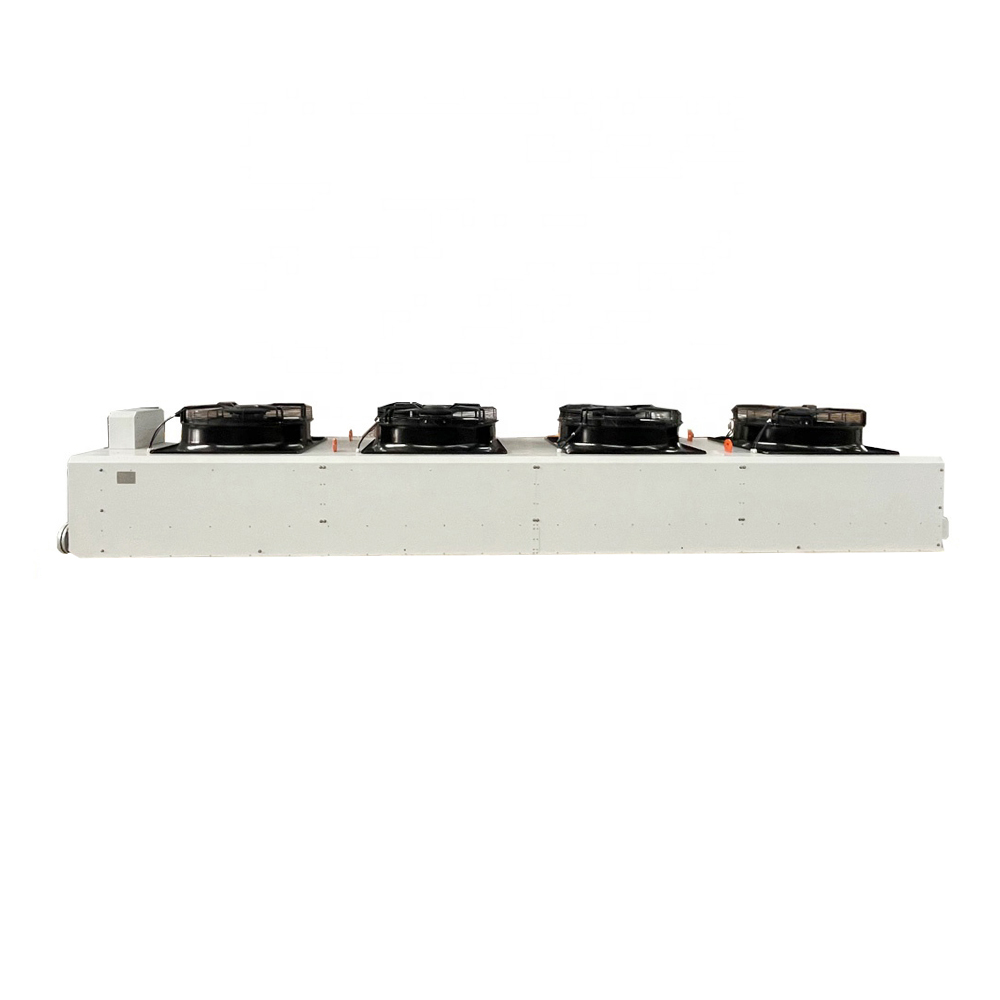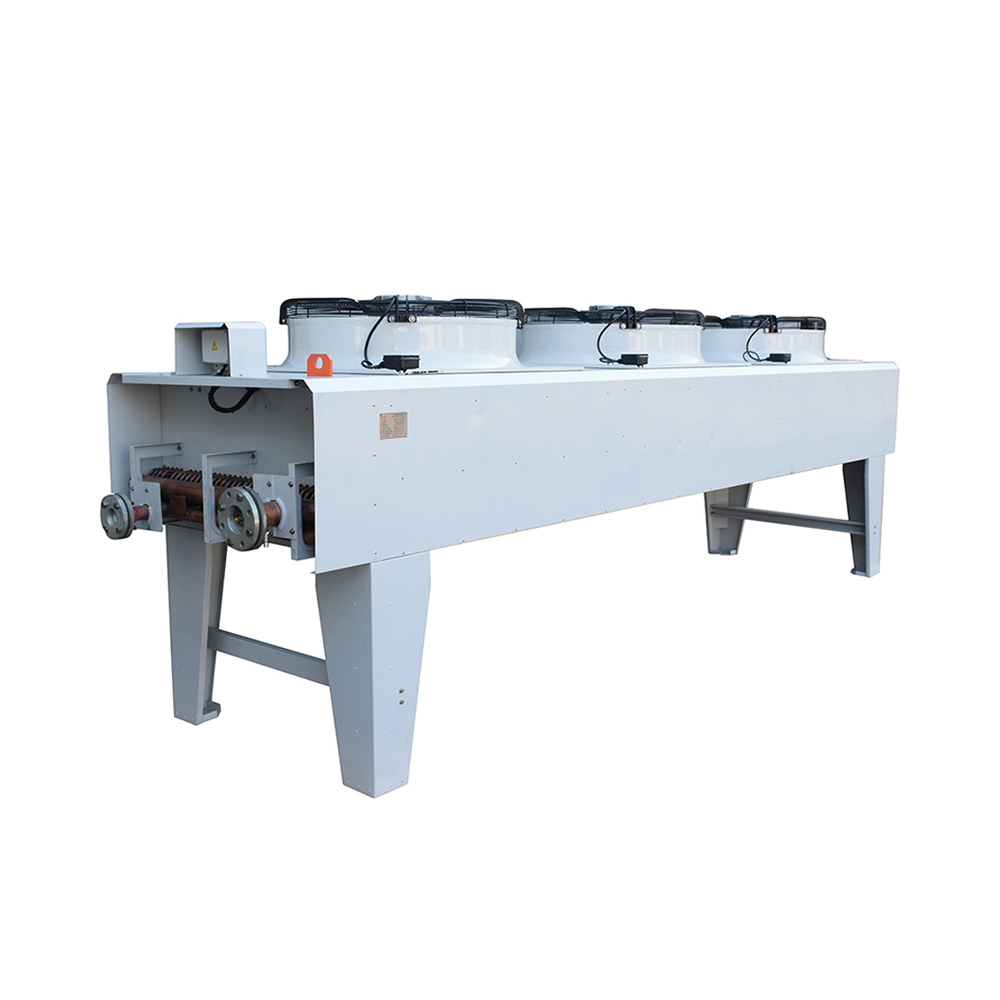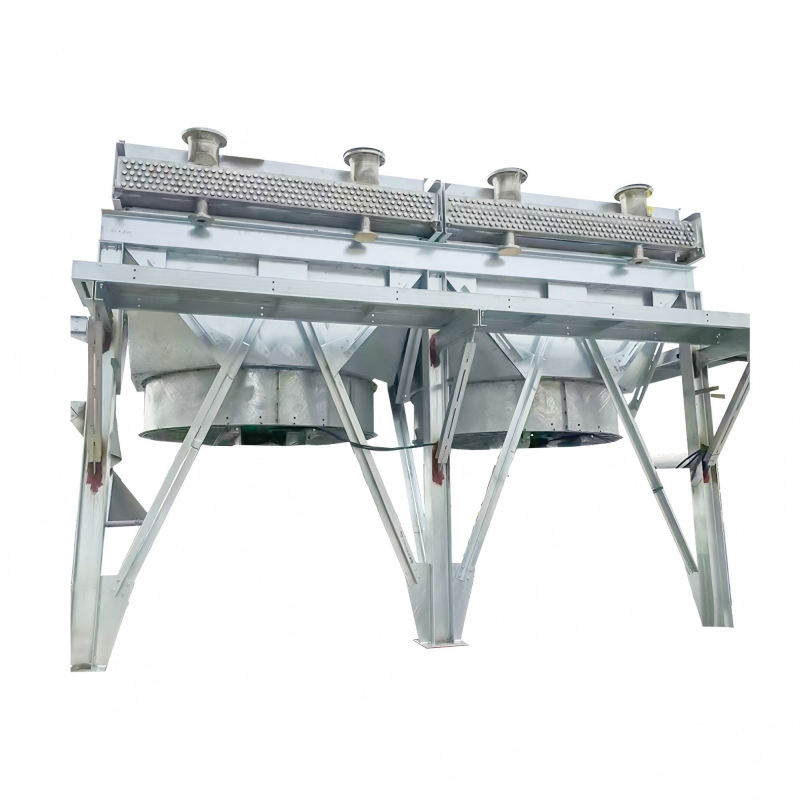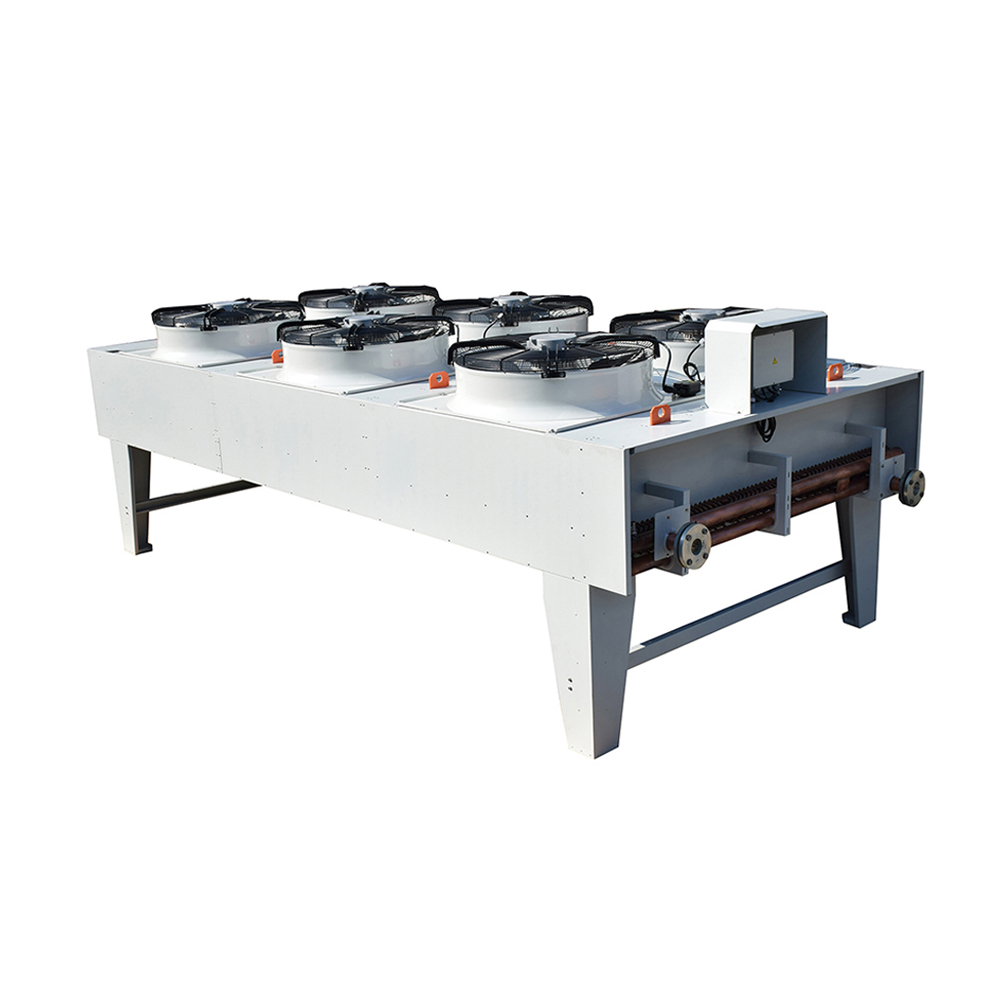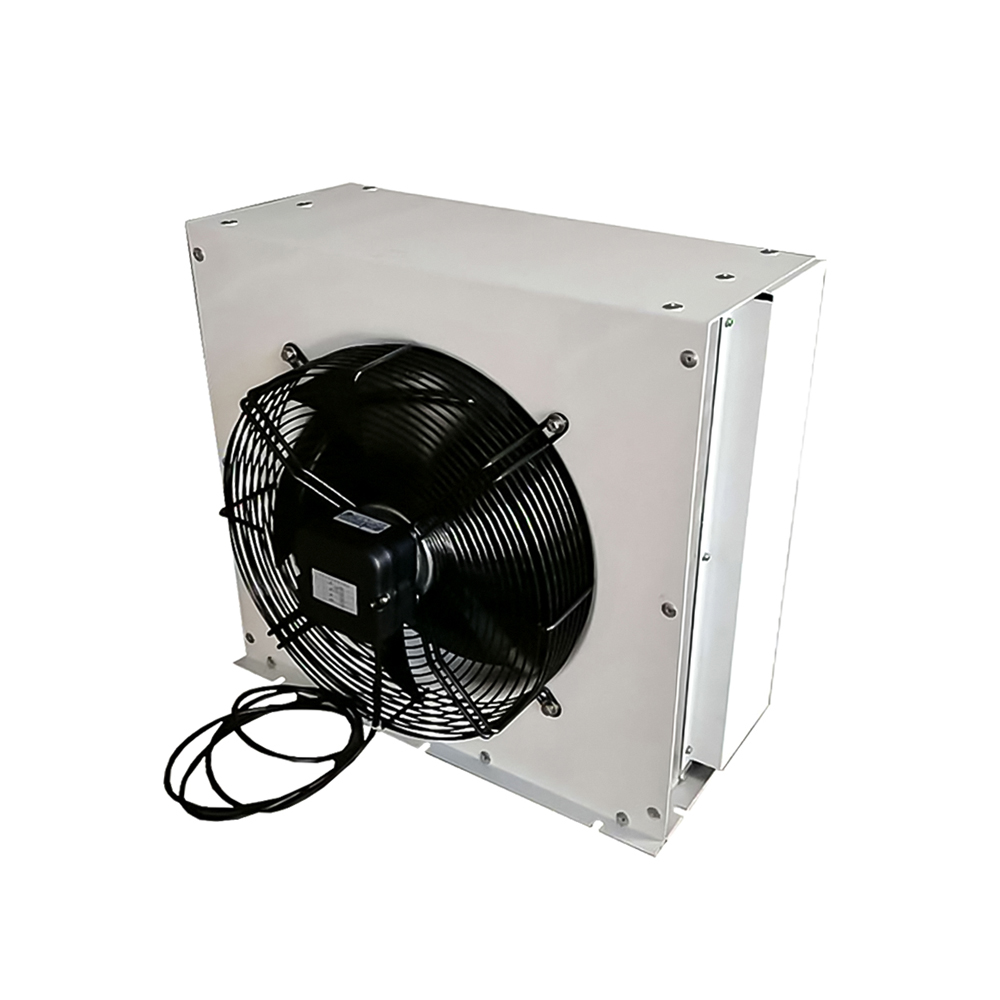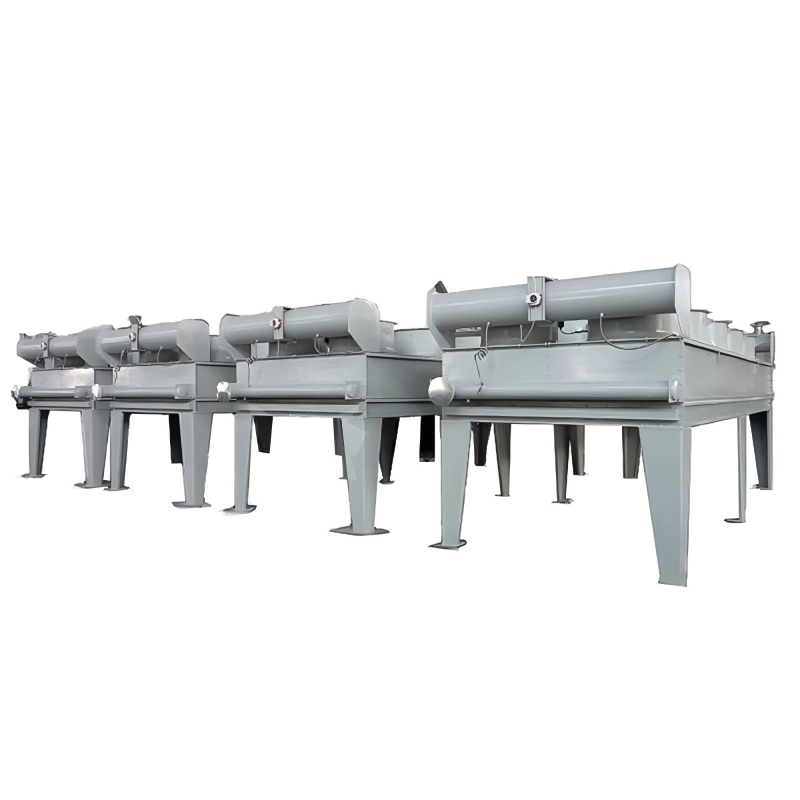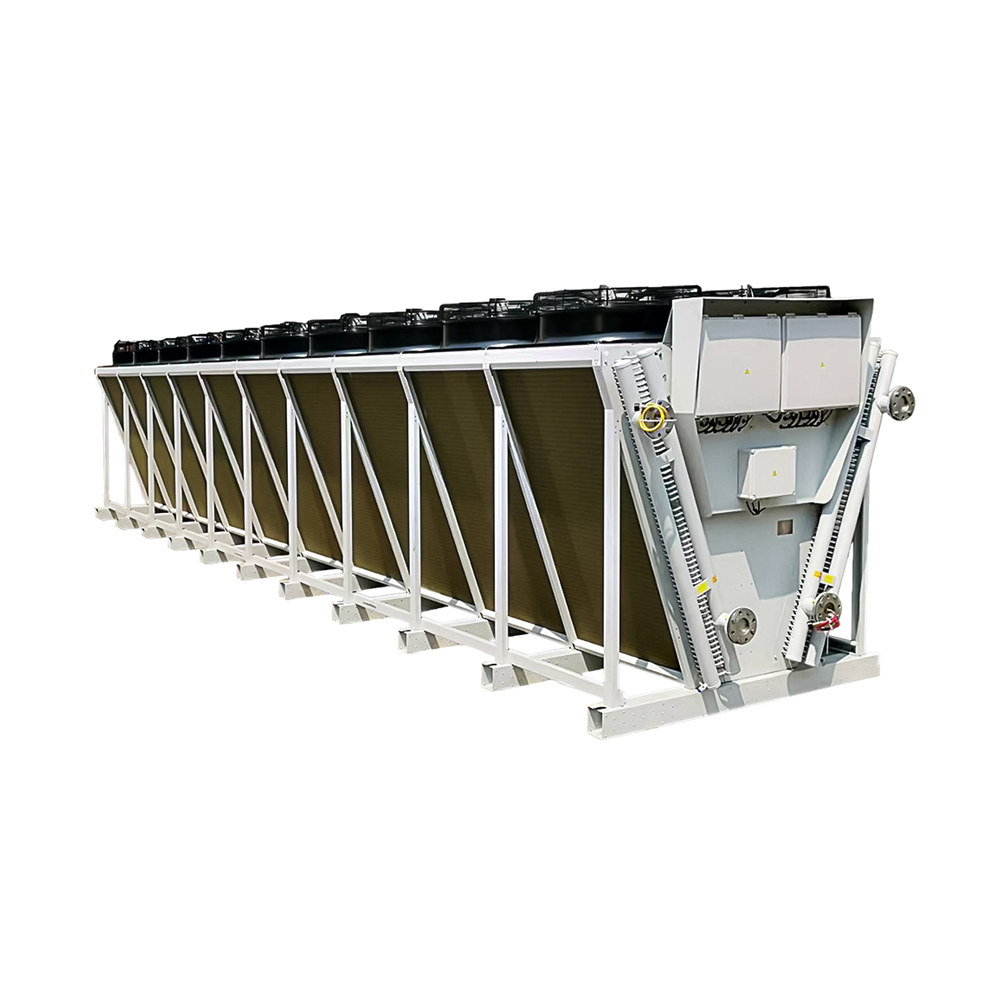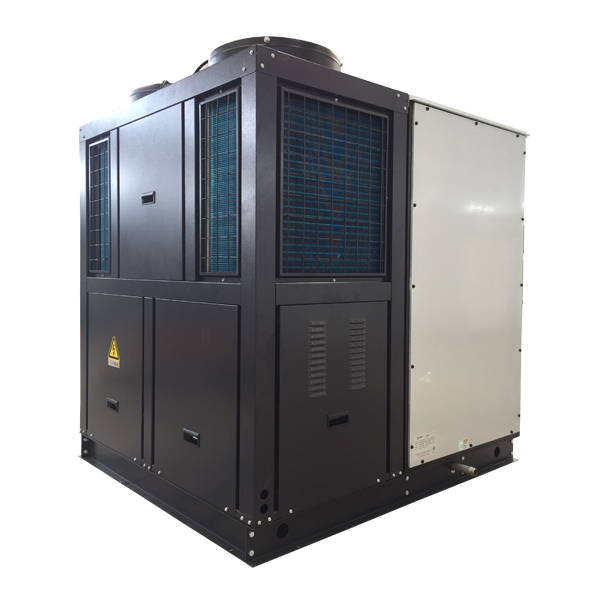This guide helps you navigate the world of evaporator factories, outlining key considerations for choosing a supplier that meets your specific requirements. We'll explore different types of evaporators, factors to consider during selection, and best practices for ensuring a successful partnership.
Understanding Different Types of Evaporators
Rotary Evaporators
Rotary evaporators are commonly used in laboratories and small-scale industrial settings for the efficient evaporation of solvents. They are known for their gentle evaporation process, minimizing the risk of sample degradation. The choice between a single- or multi-position rotary evaporator depends on throughput needs.
Falling Film Evaporators
Falling film evaporators are particularly suited for heat-sensitive materials. The thin film of liquid flowing down the heated surface minimizes residence time, reducing the risk of overheating. These evaporators are often used in the food and pharmaceutical industries.
Plate Evaporators
Plate evaporators are characterized by their high heat transfer efficiency due to their large surface area. They are well-suited for high-volume applications and are often used in the dairy and chemical industries. Maintenance is typically easier compared to other types.
Forced Circulation Evaporators
Forced circulation evaporators are ideal for viscous liquids or those with a high fouling tendency. The forced circulation ensures even heat distribution and prevents fouling on the heating surfaces. These are commonly employed in various industrial processes.
Key Factors to Consider When Choosing an Evaporator Factory
Selecting the right evaporator factory involves careful consideration of several critical factors:
Capacity and Efficiency
The capacity of the evaporator should align with your production needs. Look for factories that provide evaporators with high thermal efficiency to minimize energy consumption and operational costs. Consider factors like evaporation rate and the evaporator's ability to handle your specific feedstock.
Material Compatibility
The materials used in the construction of the evaporator must be compatible with your process fluid. Corrosion resistance is a crucial consideration, particularly for aggressive chemicals. Many evaporator factories offer customized materials to meet specific requirements. Stainless steel is common but other options like titanium may be necessary.
Quality and Reliability
Choose a factory with a proven track record of producing high-quality, reliable evaporators. Look for certifications and industry standards compliance (e.g., ISO 9001) to ensure quality control throughout the manufacturing process. Review customer testimonials and case studies to evaluate the factory's reputation.
Technical Support and After-Sales Service
Reliable technical support and after-sales service are essential for ensuring the long-term performance of your evaporator. A reputable evaporator factory will provide comprehensive documentation, troubleshooting assistance, and readily available spare parts.
Pricing and Delivery
Obtain detailed quotes from multiple evaporator factories, comparing pricing, lead times, and payment terms. Factor in potential costs associated with installation, commissioning, and training.
Finding the Right Partner: A Case Study
While we cannot share specific confidential client information, we can say that many of our successful partnerships at Shanghai SHENGLIN M&E Technology Co.,Ltd have involved thorough collaboration, starting with a deep understanding of the client's needs and continuing through design, manufacturing, installation, and beyond. Our focus is on building long-term relationships based on mutual trust and a commitment to exceptional service. Visit our website to learn more about our capabilities: https://www.ShenglinCoolers.com/
Comparison of Common Evaporator Types
| Evaporator Type | Suitable for | Advantages | Disadvantages |
| Rotary | Labs, small-scale production | Gentle evaporation | Lower capacity |
| Falling Film | Heat-sensitive materials | High heat transfer | Complex design |
| Plate | High-volume applications | High efficiency, easy maintenance | Not suitable for viscous liquids |
| Forced Circulation | Viscous liquids, fouling tendency | Even heat distribution | Higher energy consumption |
Remember to carefully evaluate your specific needs and conduct thorough research before selecting an evaporator factory. Consider factors like capacity, material compatibility, and after-sales service to ensure a successful and cost-effective partnership. Choosing the right partner for your evaporator needs is key to success.









